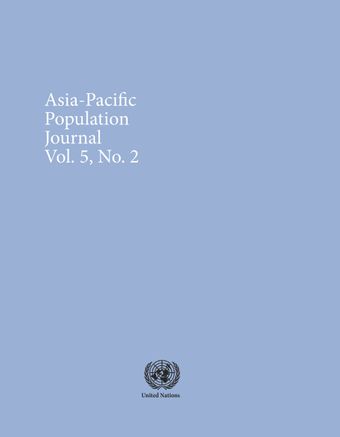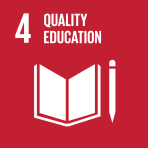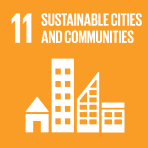-
Women’s work and family size in rural thailand
- Source: Asia-Pacific Population Journal, Volume 5, Issue 2, Mar 1990, p. 31 - 52
-
- 14 Mar 1990
Abstract
One of the potential benefits of family planning programmes in developing countries is that limiting family size can increase women’s ability to participate in productive activities, which in turn can contribute to the economic wellbeing of the family. This argument is based on the assumption that reproductive and productive activities compete for a woman’s limited time and hence women with a small number of children to rear are able to engage more in economic activities than those with larger numbers of children. Thus, the prevalence of small families should be desirable to both the families and the Government. Despite this, however, little is known about the impact of reduced family size on women’s participation in the labour force.
© United Nations





